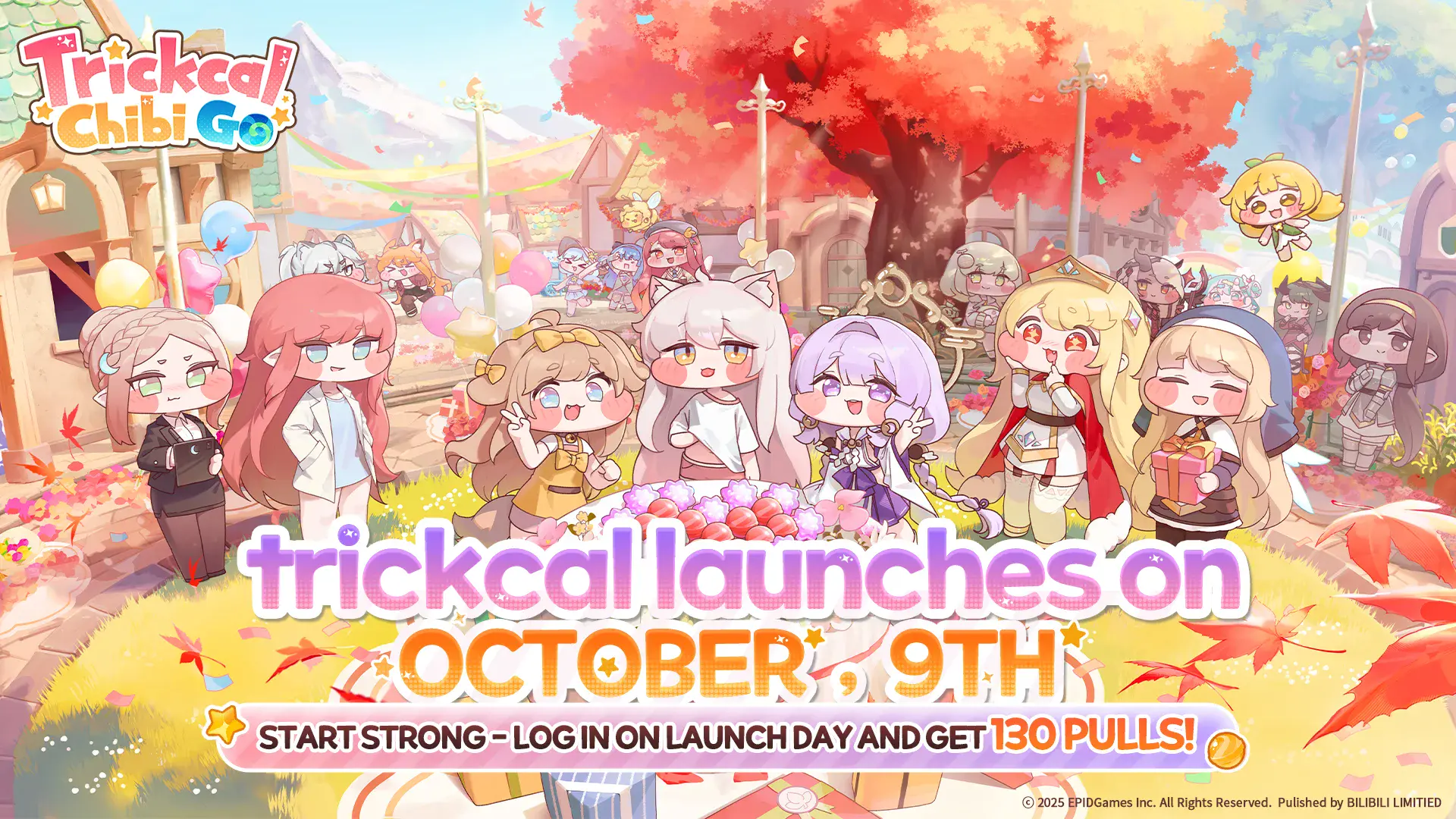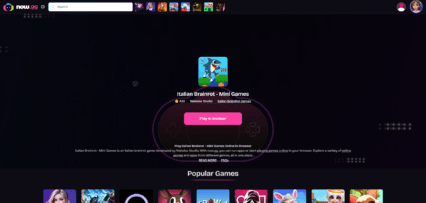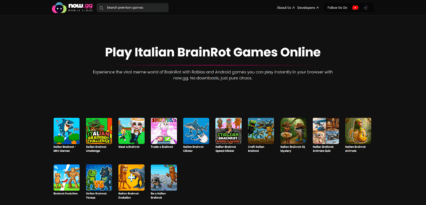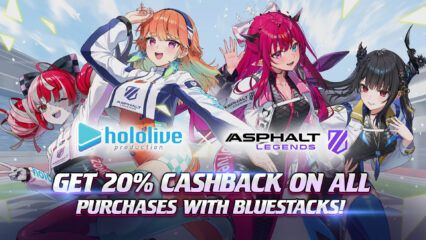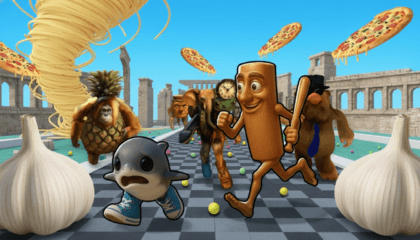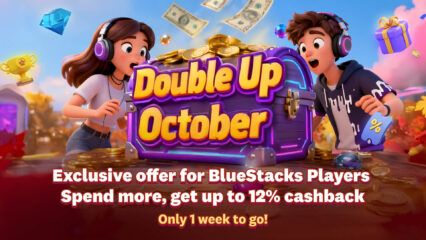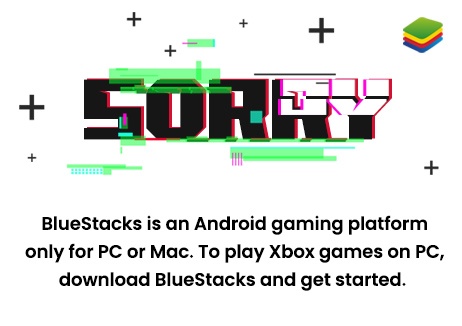Google Commits to Eliminating OBBs for Faster Gameplay with a New Delivery System
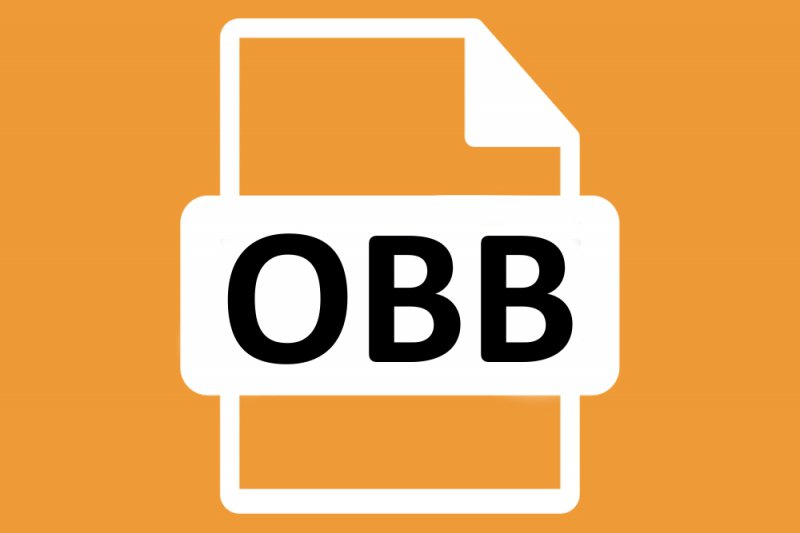
Google understands that some Android games have to be very heavy for them to bring the full experience to users. However, that will not make the Android OS giant change its stance on developers never uploading an APK file more than 100mb to the Google Play Store.
Thus, the workaround that they have had for the massive games was to allow a base APK file, which then extended to download the additional support files on launch.
This has been working for a while now, but it does have its problems. To solve that, Google will now use a new Play Asset Delivery method to make the more massive games available to users rather than depending on the OBB files.
Problem with OBB files
While they are what we have had for a while now, that does not mean they are perfect. Some of the many limitations of OBB files are:
1. Slow cellular connection
Depending on the kind of game that you are getting, OBB files can be cumbersome. A slow cellular connection will keep you downloading these files for longer than is necessary. The huge problem is that if the download were to stop at any point, you might start from the beginning again. That is less than ideal for those on a tight data cap/ data payment plan.
2. Update philosophy
Updates are usually slow for games with OBB files. Most times, gamers will have to wait for new resources to download anytime they open the game. This could have efficiently been run in the background to cut back on all of that waiting time.

3. Gaming experience
The first time launching a game with OBB is usually slow. Asides the additional downloads that need to be done; you also have to wait for the changes to be applied in-game. That impacts the gaming experience for someone who wants to get their app and start playing out of the box.
4. Custom CDN costs
The additional data to be supplied to the base APK files have to be sent through various content distribution networks. When these CDNs get congested, the players do not get their data fast enough. That is why game developers have to invest in extensive CDN systems to ensure their users do not have a bad experience when playing the games.
As we said earlier, the OBB system is far from perfect. It was better to have something than nothing, though, so we did keep up with it. Maybe not for long anymore.
Where Play Asset Delivery shines
You must have already guessed that Play Asset Delivery (PAD) will excel in all of the regions where OBB files fail. Otherwise, we would not even be talking about it today.
PAD provides a dynamic way to share different assets to the gamer after they have downloaded the base file. These assets will be non-code aspects of the game. That could mean texture, layout, sounds, game modes, etc. Thus, the player does not need to download the entire pack at the same time when they can only access what they need at that time.
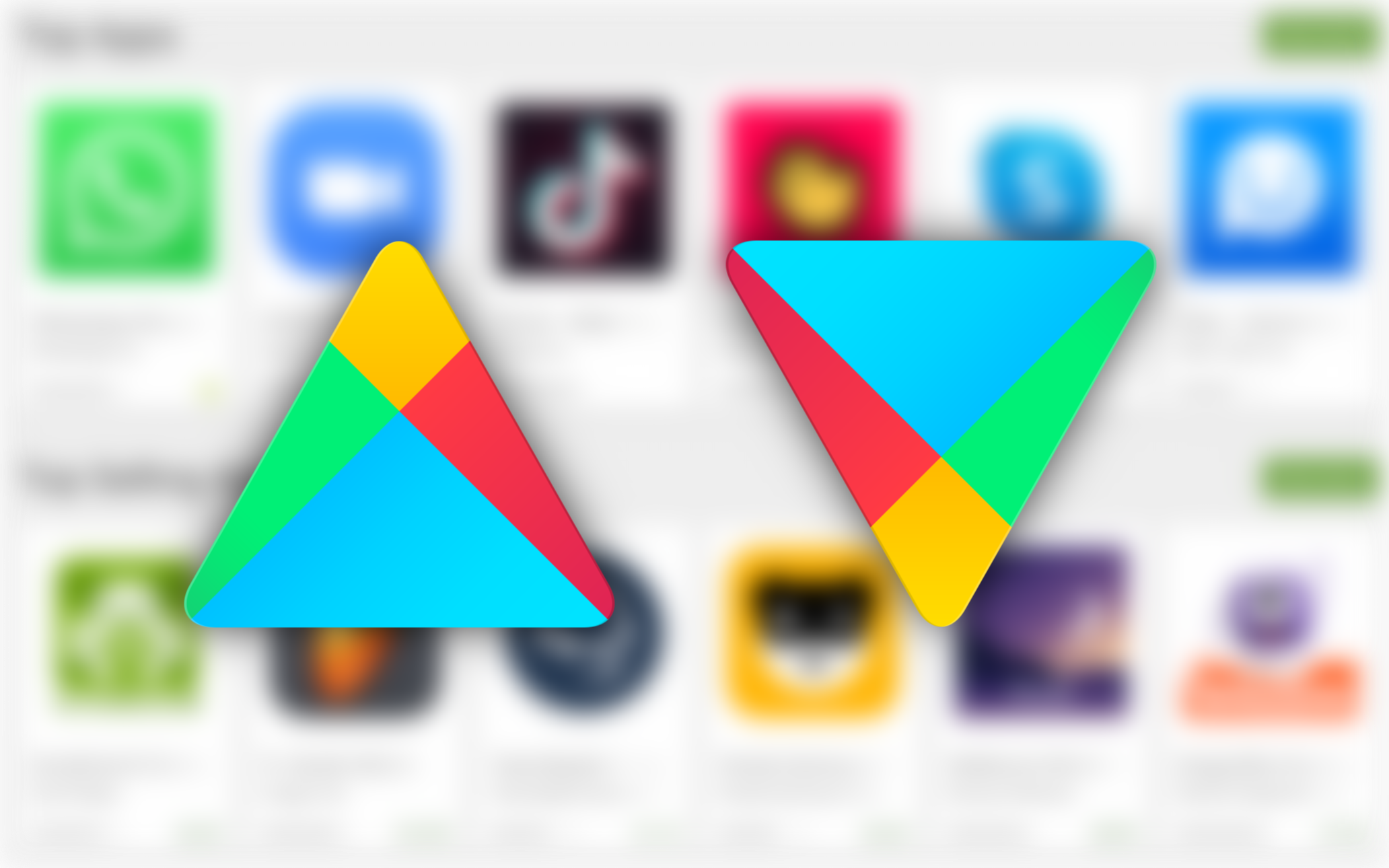
This means that gamers can get started with one part of the game while others keep downloading. This would surely improve the user experience, reduce the wait time, and improve the overall interactions with the game.
The best thing about this model is that Google will handle the app updates on the Play Store. When the app gets an update, the part of the asset that gets the update will be made available to the user when they want to play the game next.
What are the chances of success?
No brand is immune to mistakes, and even Google has had to scrap some programs in the past. However, they have tested out this PAD system with juggernauts in the gaming industry like Gameloft. Although we do not know which games, it is said that the French game developer tried the system on three of its games and got good results.
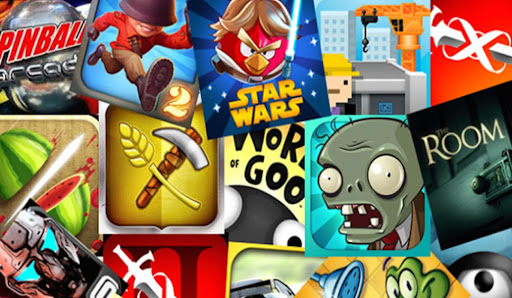
On the one hand, they now incurred fewer CDN costs in getting the games over to the fans than before. Gameloft also saw a spike in new gamers – up to 10% spike – than what they were used to in their precious delivery system.
This holds a lot of promise for developers, and we cannot wait to see how it will play out on the user end of things too.

